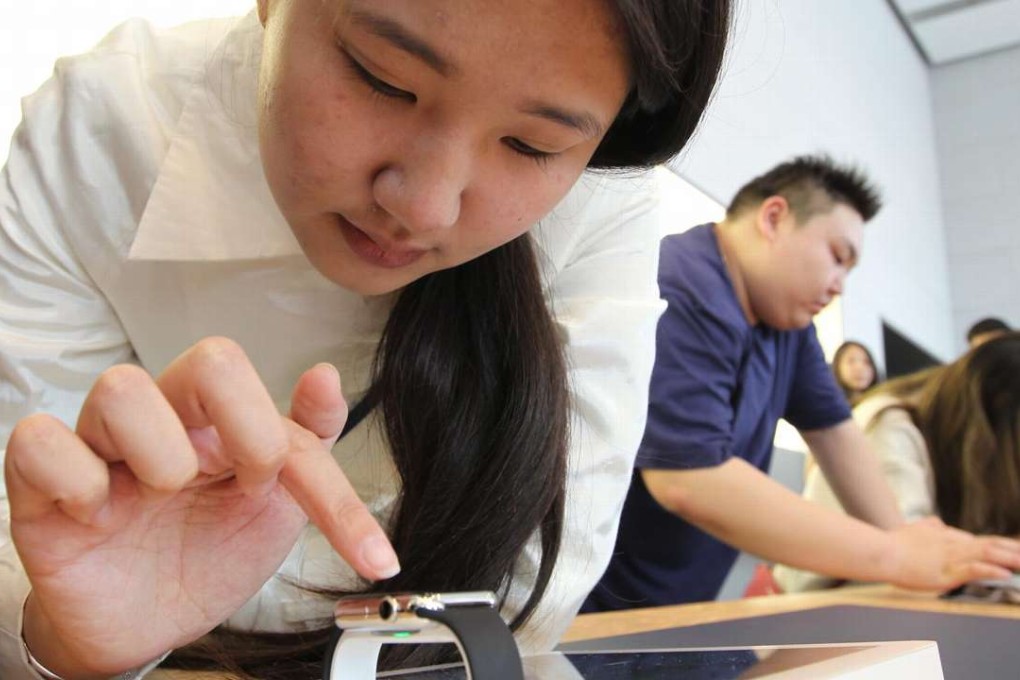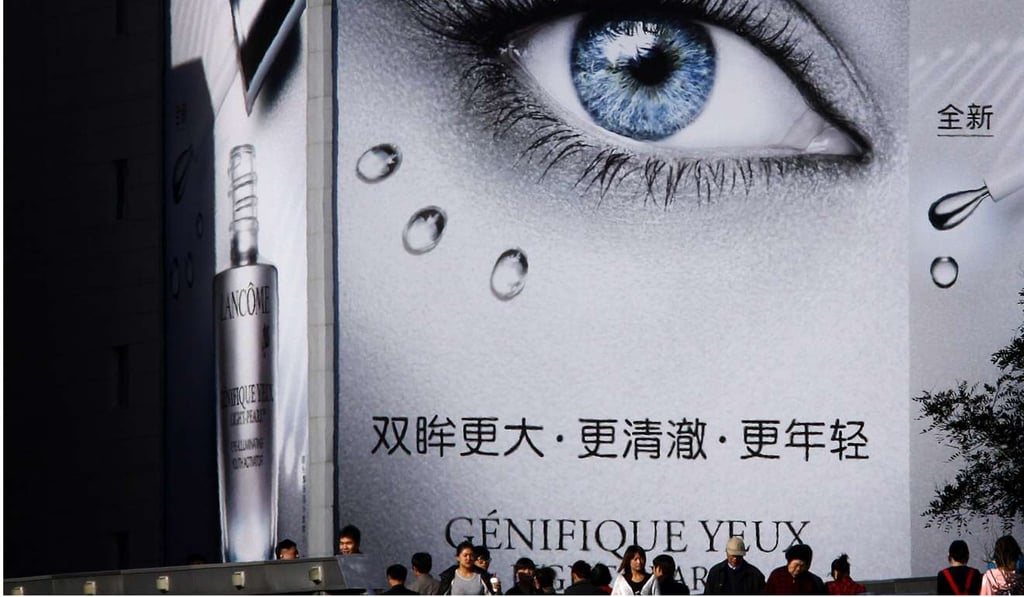Across The Border | The rise and rise of China’s modern-day yuppies, and what it means for consumption
Young, free-spending singles are predicted to become a lot more influential on the Chinese economy in coming years, and grow in numbers

Eligible, affluent young Chinese singletons have become arguably the country’s most-powerful demographic, now accounting for about 15 per cent of the total population, according to analysts.
And these big-spenders are predicted to become a lot more influential on the economy in coming years, even changing overall consumption patterns.
“Very different from the past, there is an ever-growing number of young urban professionals now in China choosing to delay, or even give up on the idea of marriage altogether, and develop their own happy lifestyles instead,” said Xiao Chan, an analyst for Orient Securities.
“We are already into what we see as the fourth ‘wave’ of singles’ characteristics, and they are leading a significantly different life, in terms of consumer values than their predecessors, with individual convenience, health, leisure, and entertainment now holding the keys to happiness.”

Citic Securities has also picked up on the phenomenon, equating the growing influence of the group to the cash-rich “yuppies” of the 1980s – a term used in the West, short for “young urban professional” or “young upwardly-mobile professional”, who dominated much of the spending of that era in cities such as London, Paris and New York, enjoying the lifestyles afforded by high-paying jobs and a lack of familial responsibility.
China’s “unwed” population (those who traditionally would have been married in previous generations) reached 200 million by the end of 2015, Citic says, citing data from the Ministry of Affairs.
